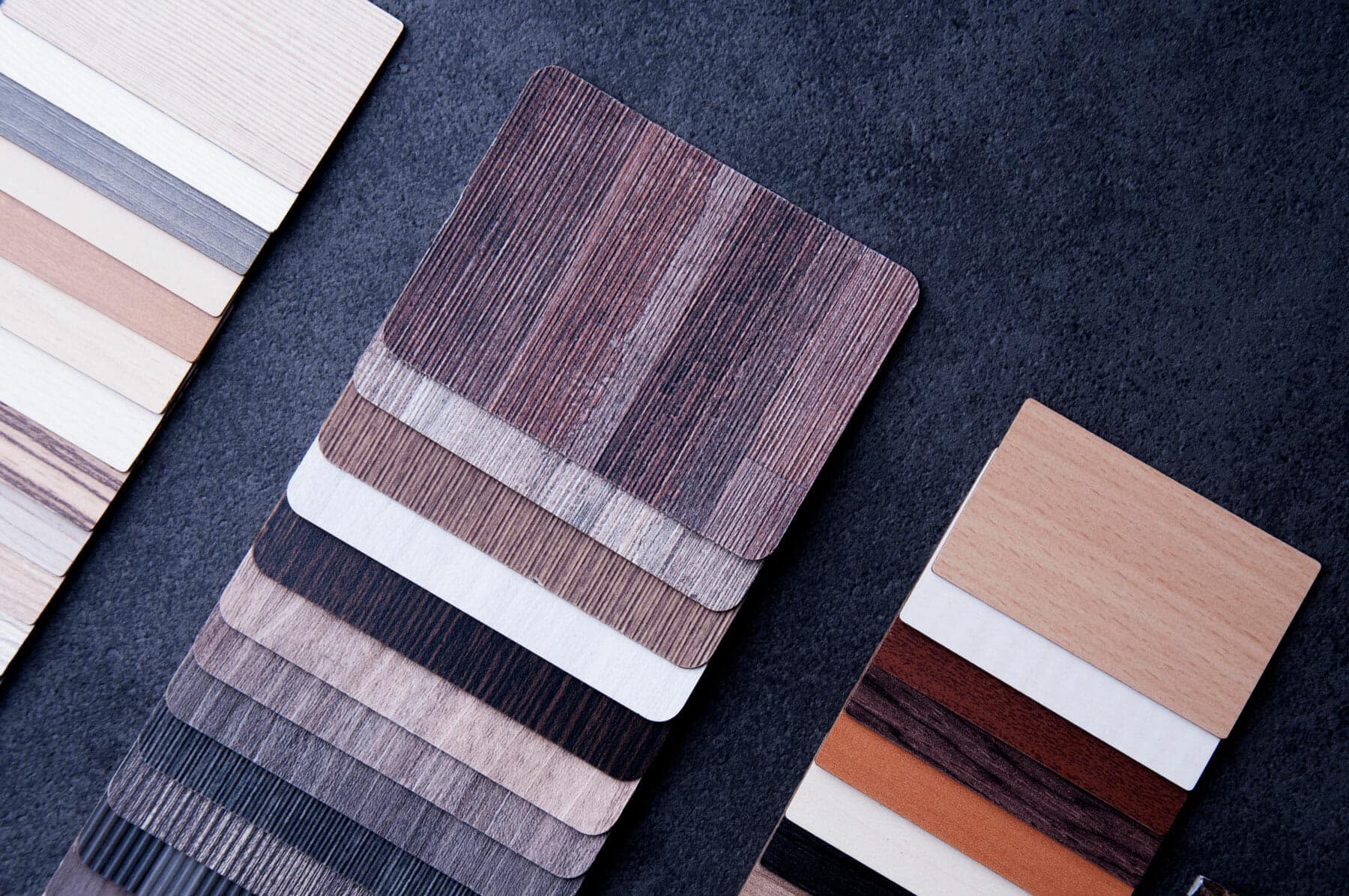When you need commercial flooring, you essentially have two commonly used options to consider: Laminate or Vinyl Composite Tile (VCT). Each type of flooring has its strengths and weaknesses; therefore, either could be the perfect option for your commercial flooring.
Which type of commercial flooring you should choose for your project depends on the specifics of what your business needs. Keep reading to learn about the pros and cons of each type of commercial flooring and how commercial flooring contractors can help you pick the right flooring for your business.
Two Popular Commercial Flooring Options
The two best commercial flooring options are laminate flooring and vinyl flooring. Both of these materials come in a variety of sizes and layouts. Commercial vinyl plank flooring and commercial vinyl sheet flooring have similar properties to the vinyl floors featured in this article, but we will focus on vinyl composite tile (VCT) flooring for our comparison.
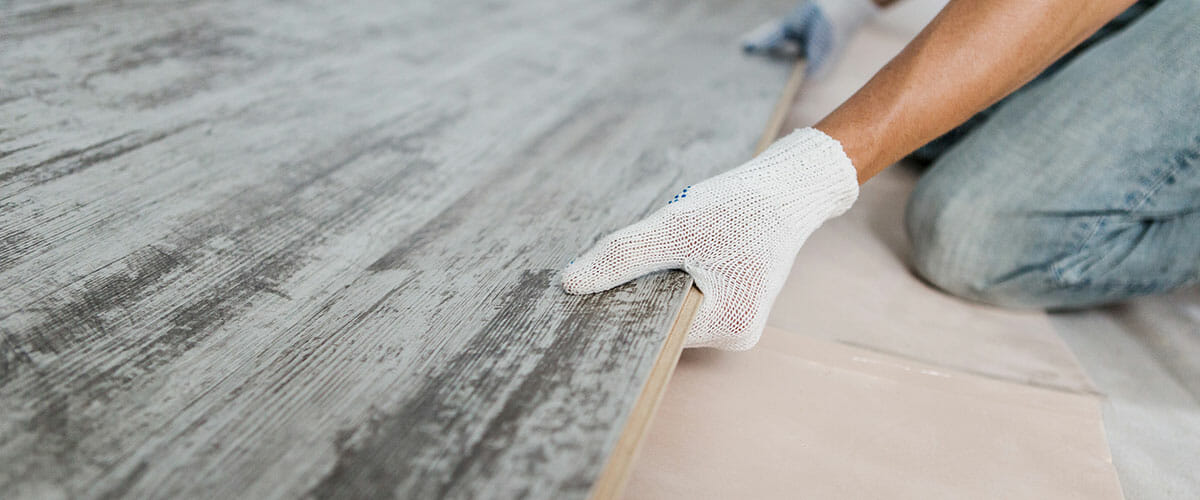
Laminate Floors
Laminate floors are a popular choice for commercial spaces. Types of laminate flooring can resemble natural wood floors at a much lower cost. Sections of laminate flooring can come in either a tile or plank.
Pros of Laminate Flooring
Durability
Commercial laminate flooring has a thicker top layer than the residential laminate floor, which helps it hold up in a high-traffic business environment.
Affordability
Laminate flooring is much more affordable than traditional hardwood floors.
Little Maintenance Required
Commercial laminate flooring is easy to clean and requires little maintenance after installation compared to other types of commercial flooring.
Stylish
Laminate flooring can add a much-needed touch of style to many otherwise drab or utilitarian spaces.
Wide Selection of Colors and Finishes
If you opt for laminate flooring, you’ll have a wide variety of styles and finishes to choose from.
Cons of Laminate Flooring
Vulnerable to Moisture
While some laminate flooring is water resistant, it’s not usually waterproof. That means it can be vulnerable to water damage, especially in or near humid areas like bathrooms.
Can’t Be Refinished
Laminate flooring can’t be sanded down and resurfaced like hardwood can.
Noise Issues
Sometimes laminate flooring can give a room an echo or hollow sound. This issue can be even worse if the flooring is poorly installed.
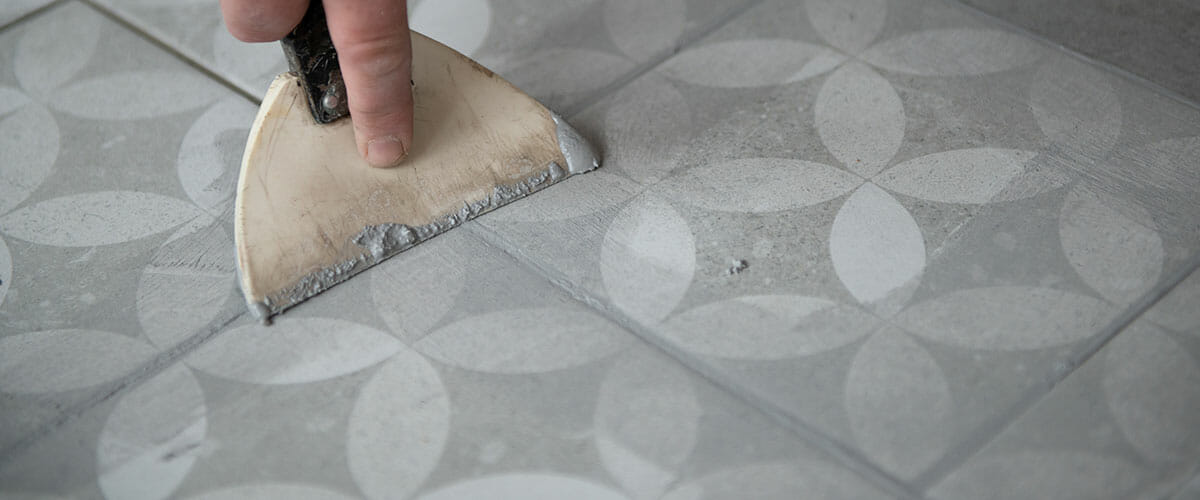
Vinyl Composite Tile (VCT) Floors
Many commercial buildings opt for vinyl planks or vinyl tiles for their flooring. From hospitals to convenience stores, vinyl flooring is an excellent option for any facility that houses a business with a lot of liquids.
Pros of Vinyl Composite Tile (VCT) Flooring
Durability
VCT is designed to last in heavy-traffic environments.
Affordability
Vinyl is among the most affordable materials for commercial floors.
Sound Absorption
VCTs absorb sound to help reduce noise from footsteps, carts, or conversations.
Water-Resistant
Vinyl Composite Tile is more water-resistant than laminate flooring.
Large Selection of Colors and Designs
VCT Flooring comes in customizable colors and patterns.
Cons of Vinyl Composite Tile Flooring
Installation Requires Subfloor Leveling
Installing vinyl tiles often requires leveling the subfloor before installing the tile. That makes the installation process for VCT a bit more labor-intensive than laminate flooring.
Improper Installations Can Cause Vulnerabilities
When VCT gets installed incorrectly, some tiles can be vulnerable to cracking or crumbling.
Difficult to Remove
Once you install a composite vinyl tile floor, plan on leaving it there for years. Replacing the floor is labor intensive, as all the glue that secured the tiles will need to be removed.
Require Regular Buffing
Keeping your vinyl shiny will require regular buffing or polishing.
Climate Limitations
Some climates with high humidity fluctuations don’t suit the use of VCT. The humidity fluctuations can cause the individual tiles to shift slightly, creating gaps in the floor.
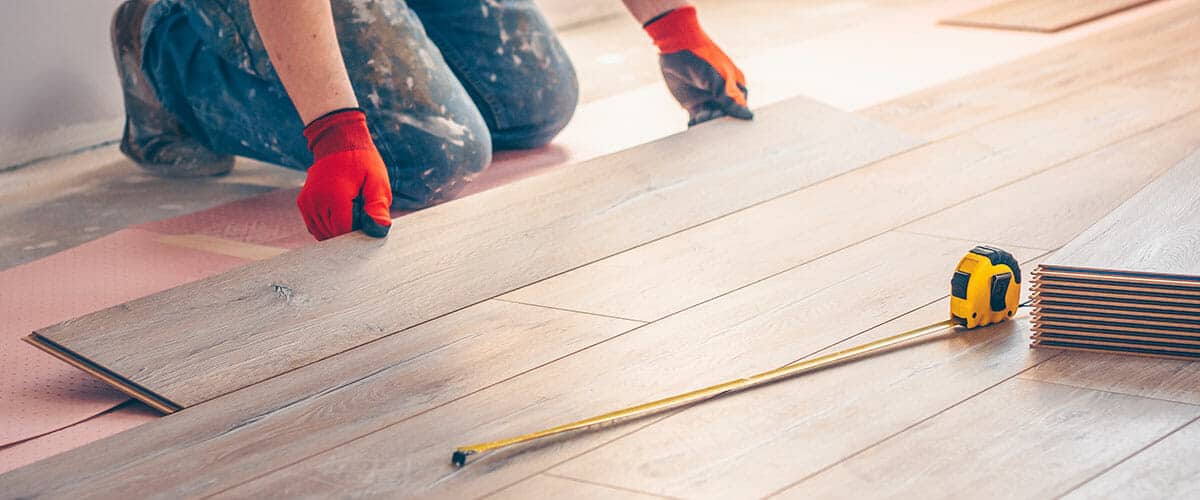
8 Factors to Consider Before You Install Commercial Flooring
Choosing the right flooring for your commercial space requires a lot of factors working together. Considering these eight aspects will help you decide on the best commercial flooring option for you.
Traffic
Determine how much traffic you expect the floor to receive. Along with foot traffic, think about any machinery, carts, or other objects that may also roll or slide across the floor.
Area
The floor’s surface area will determine how much flooring material you will need and how long the installation will take. The total area will directly affect materials and installation labor costs.
Sound
Different types of flooring affect the acoustics of a room differently. Opt for noise-reducing materials for your floor if you need a quiet area at work.
Moisture
If the flooring area in question sees a lot of moisture or spills, choose a waterproof or water-resistant material for your flooring. Repeatedly exposing the non-waterproof floor to moisture can destroy the floor and lead to a breeding ground for germs and disease.
Ambiance
The look of the floor will also play a significant role. Customer-facing showrooms will likely need a different look than a factory assembly line room. The flooring you choose will create a big part of the environment and feel of any space.
Materials
Even after accounting for the needs of your space, you’ll likely have a few flooring material options. You may want to consider additional factors about the materials and their origins to help you choose. For example, some materials are more easily sourced than others with today’s continuing supply chain issues. This can affect costs and timelines. Additionally, some businesses prefer eco-friendly materials or want materials to be as locally sourced as possible. Your personal preferences and timeline will dictate which material you prefer.
Upfront Costs
The upfront costs to consider include materials and installation costs. Installation costs will vary by flooring type.
Future Costs
The flooring type will also affect the future cost of the floor, including ongoing maintenance costs and potential floor removal in the future.
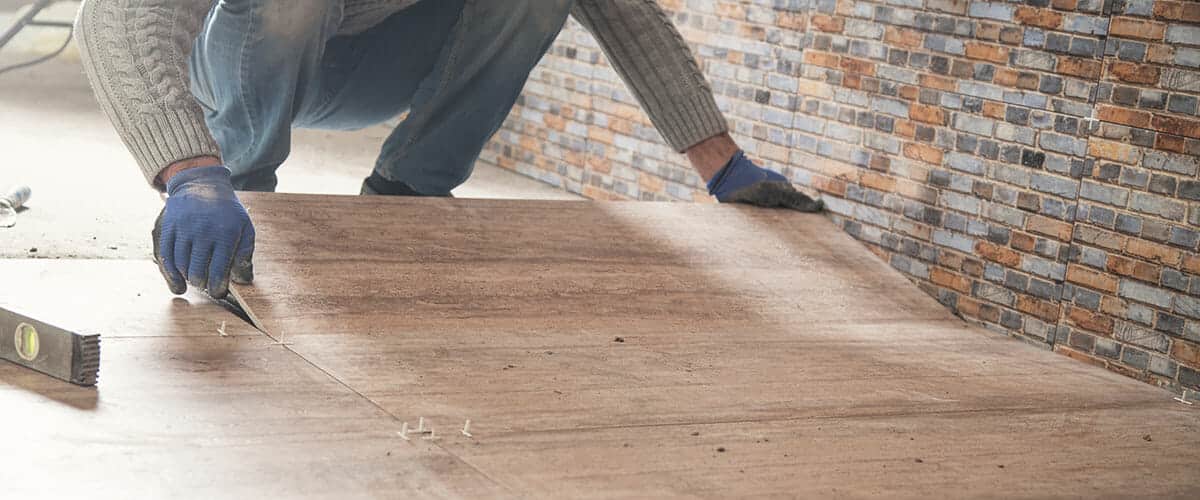
Ready for Your New Floor? Contact Our Commercial Flooring Contractors in Utah
As you can see, a lot goes into picking the right commercial flooring option for your space. The simplest solution is to get help from commercial building experts in your local area. In Utah, that means Cook Builders.
Cook Builders can advise you on the right option and get it installed with our local expert team.
Contact Cook Builders today for help with your commercial flooring and all your commercial construction needs!
